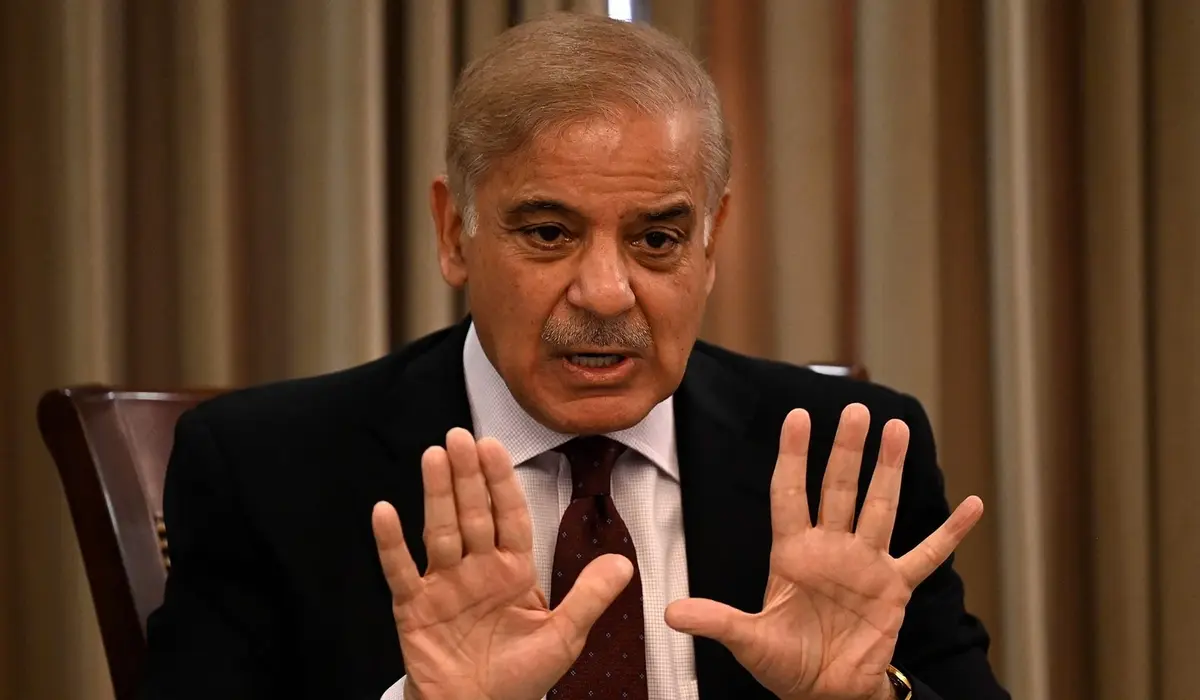

Challenges rise for Pakistan Prime Minister Shehbaz Sharif
Pakistan’s record inflation of 35.4 per cent in March has left the country’s Prime Minister Shehbaz Sharif red faced. Islamabad has warned that the situation would get worse. It will not be surprising if a section of policymakers prescribes going ahead with a default rather than rushing into fulfilling the tall demands of the International Monetary Fund (IMF).
“With a blind eye towards expenditure growth, the IMF insisted on complex tax measures, ignoring their impact on economic activity and resource allocation to the detriment of growth and competitiveness,” local newspaper Dawn said last month.
Inflation, driven by food and energy prices, has been rising steadily due to the increase in fuel prices. While on one hand the high prices have brought unimaginable misery to the common citizens and on the other the desperate Islamabad, staring at a default, is trying its best to secure the IMF’s $7 billion financial package. Despite months of negotiations, the deal is yet to fructify making the going tougher for Sharif.
In February, his niece and daughter of PML-N supremo Nawaz Sharif Maryam Nawaz Sharif came out strongly opposing his decision to hike taxes, saying that the party supremo was not involved in this decision making.
“This is not my government. Our government will be when Nawaz Sharif returns to Pakistan,” Maryam Sharif said at a youth wing meeting. She also underlined that only her father could take Pakistan forward.
The surge in food prices have also led to closure of many charity kitchens in the country that typically fed the poorer section during the Ramadan season. Food riots are erupting with people scrambling to get free food items from the government distributors. More than 20 people have died since the Ramadan season started.
Pakistan’s foreign exchange reserves stood at $4.2 billion for the week ended on March 24 not even enough to cover a month’s imports. The rising political and security threats have added to the problem. In the past Pakistan has sought IMF assistance more than 20 times. Loans from the IMF will provide temporary relief. For long term economic revival, the country needs to focus on economy rather than politics and bring in structural reforms.
Also read: Multinationals in Pakistan scramble as their profit margins plummet
US President Donald Trump on Saturday (US local time) called the continuation of the trial…
Protestors in Serbia took to the streets of Belgrade and demanded an early election, as…
The Ministry of External Affairs (MEA) on Sunday strongly rejected the Pakistani Army's claims, where…
Indian Army strengthens ties with Russian Land Forces at the 4th Indo-Russian Inter-Governmental Commission (IRIGC)…
The Indo-French Joint Military Exercise SHAKTI-VIII continues to strengthen operational interoperability and mutual cooperation between…
Prime Minister Narendra Modi attended the centenary celebrations of the revered Jain spiritual leader Acharya…